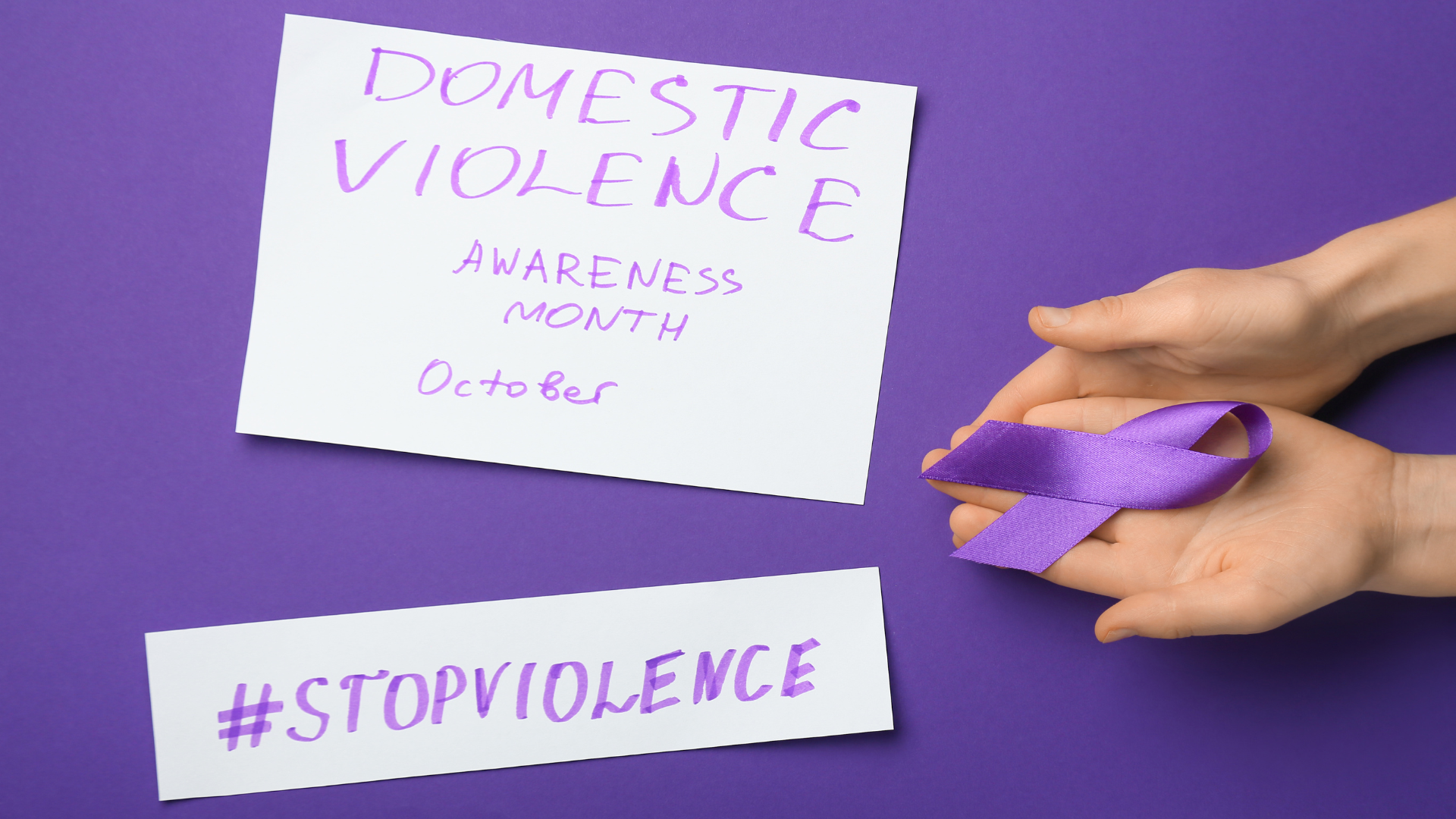Emotional intelligence (EI) is universally defined as the ability to perceive, interpret, demonstrate, control, evaluate, and use emotions to communicate with and relate to others effectively and constructively.
EI is an important, yet undervalued skill to have. While it comes naturally to some, it doesn’t mean it can’t be mastered with proper time and dedication.
No matter where you work or how many people you interact with each day, EI can make or break your performance in the workplace and in your personal life. That’s why it’s crucial to have a grasp on the concept and know how to navigate it.
Below, we lay out a guide to mastering emotional intelligence.
1. Respond—Don’t React
During emotional situations, it’s common for our immediate reactions or instincts to take over, and make us say or do something irrational. That’s why it’s important to practice responding before reacting.
The best way to have effective and constructive interactions with others in emotional scenarios is by doing your best to control your reactions—try not to make faces, disapproving sounds, and, most importantly, don’t yell.
Take a breath, mentally count to three, and figure out the best way to respond in a way that will progressively move the conversation along, so the situation doesn’t get worse.
2. Practice Active Listening
If someone trusts you enough to share a problem with you—no matter how big or small the problem is—it’s important to show them that you truly care. Practicing active listening skills is vital in these situations.
It’s not enough to just sit there and listen. You have to show them you’re listening. Nod your head, make eye contact, and say things like, “I understand,” or, “I see.”
Most importantly, make sure you understand what they’re saying before you respond, and be sure to cover all factors contributing to the issue so that nothing goes unnoticed.
3. Have Self Awareness
Before you begin to handle the emotions of others around you, you have to know how to handle your own emotions. This all begins with self awareness.
In order to be self aware, you need to recognize and understand your own personality, emotions, triggers, and how they affect others. Perform a realistic self-assessment of what you’re capable of, your strengths and weaknesses, and knowing how others perceive you.
This can help you discover parts of yourself that need improvement, helping you to adapt and limit poor decisions.
4. Know How to Give and Receive Criticism
Criticism in any aspect of life can be difficult sometimes, but it’s also necessary in some situations in order to see positive change. However, not knowing how to properly receive or deliver criticism can result in hurt feelings and other issues.
When you’re giving criticism or constructive feedback, focus it on an act or behavior you’d like to see change—NOT about someone’s character or personal attributes. Here are some key things to remember:
- Give criticism without being hurtful or critical of the other person, and make sure they understand why the criticism will be helpful.
- It’s also important to consider and recognize barriers or other factors that might be holding them back before you jump to conclusions or judgments.
If you’re receiving criticism, do your best to avoid defensiveness or anger. At the end of the day, the point of criticism is to contribute to the common good. So, be understanding, be open to change, ask questions, and don’t take it personally.
Use progressive language, with statements like, “thank you for telling me how I can improve,” and, “thank you for your honesty—I’ll try to do things differently.”
5. Be Approachable
Those with strong EI are approachable. They hold a realistic, yet optimistic, attitude and practice healthy social skills with the people around them.
These traits are crucial if you want to improve your EI. If you don’t come off as approachable, it will be difficult for others to seek you out for help, which eliminates the opportunity for growth and developing good communication skills.
However, to be approachable, you have to become vulnerable—which is always easier said than done.
6. Learn the Difference Between Empathy and Sympathy
Empathy and sympathy are two concepts that are important to understand in an effort to begin mastering emotional intelligence. Here’s the difference:
- Empathy is shown in how much compassion and understanding we give to another.
- Sympathy is more of a feeling of pity for another.
In other words, empathy is the ability to understand how someone feels, and sympathy is our relief in not having the same problems.
Using empathy to relate involves giving the other person space to navigate their emotions and feelings. When we relate with sympathy, more of a “problem-solving” scenario comes to surface.
Empathy and sympathy are both good practices because they both offer support for people who are struggling. However, empathy is considered better because it comes from the heart. It involves understanding another’s pain and sharing a meaningful experience.
7. Work With a Performance Coach
If you struggle with EI, you’re not alone. Many people have a hard time with emotional situations—but don’t worry, it just takes practice. By using these tips, you can work toward fostering EI. Another way to work towards this goal is through coaching.
Professional and personal performance coaching can be the first step toward a strong EI that can aid in healthy and progressive interactions at work and in your social life.
Stiletto Agency coaches others by bestowing empowerment in their lives through teaching daily strategies to become less of a target, develop a stronger mindset, and learn to set boundaries.
All these behaviors can help eliminate vulnerability in order to reach your goals and meet your full potential.
Work With Stiletto, and Create Positive Change
If you want to learn more about mastering emotional intelligence, Stiletto is here for you.
We’ll be your guide and provide resources that can help you grow and create self-awareness, leading to positive outcomes in your professional and personal life.
Contact us today to learn more about how our coaching services can benefit you or your business.






